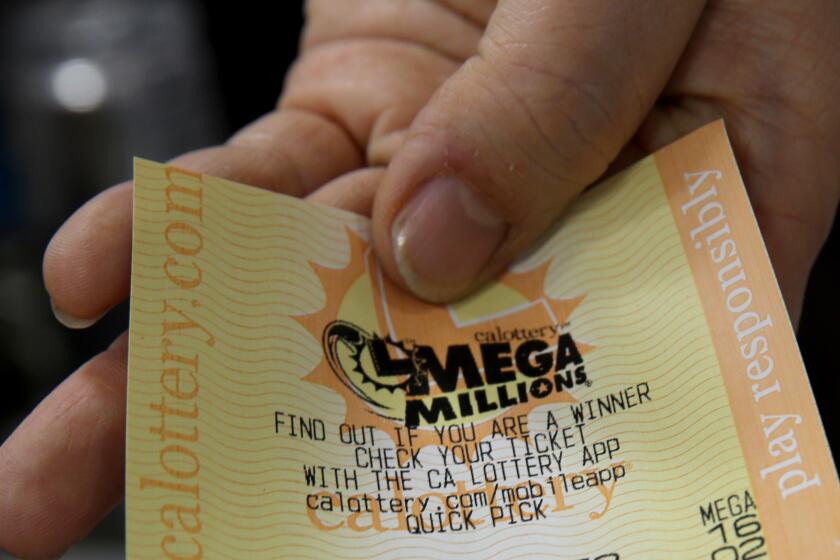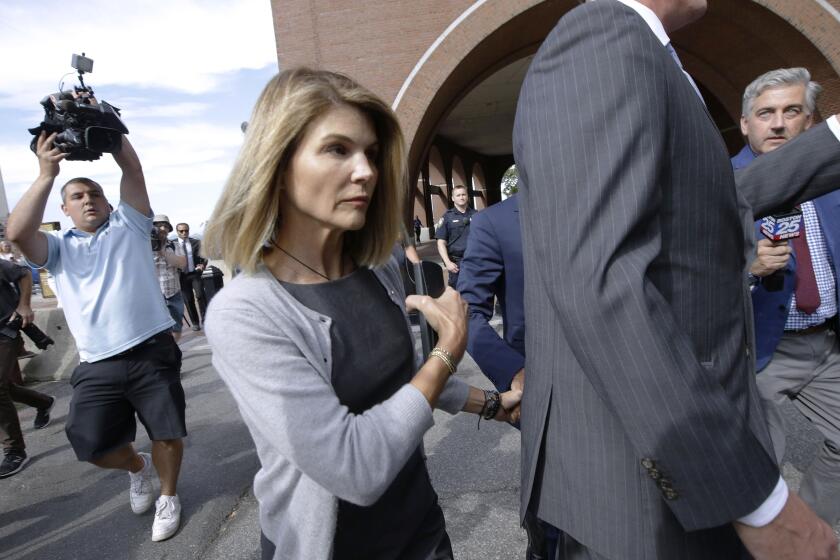Waxman Demands Metro Rail Avoid Methane Zone
In another blow to Los Angeles’ beleaguered Metro Rail project, an influential Westside congressman and former supporter of the subway said Monday he will fight additional federal spending on the project unless tunneling through areas with potentially dangerous methane gas pockets is ruled out.
“I consider it irresponsible to support a Metro Rail system that would tunnel through areas of potential . . . explosion,” said Rep. Henry Waxman (D-Los Angeles) whose district includes a large section of the proposed downtown-to-North Hollywood commuter rail line. “I’m not willing to take the risk of lives being lost . . . . I want safety to be the paramount issue.”
The proposed 18.6-mile route runs through the Fairfax area, where 21 people were injured earlier this year when a pocket of methane gas exploded at a Ross Dress for Less store. A task force appointed by Mayor Tom Bradley investigated the blast and said it was caused by a buildup of gas from decaying organic matter.
The task force also identified a 400-block area of potential risk from methane pockets and a 100-block area of high risk, both of which are penetrated by the proposed Metro Rail route.
Waxman, one of the leaders of the Berman-Waxman political organization that includes several Westside and San Fernando Valley representatives in Congress, said that unless the Southern California Rapid Transit District gives him “absolute assurance” there will be no tunneling in potentially hazardous areas, he will become an “active opponent” of the project.
If there is no settlement of the route issue by next month, Waxman said he will ask colleagues in the House of Representatives to vote against start-up funds for the first 4.4-mile link of the subway. “I can’t support the beginning of a project that I can’t be assured is safe,” Waxman said.
RTD and Bradley Administration officials have been struggling to salvage the project in the face of the Reagan Administration’s strong opposition to the $3.3-billion Metro Rail project.
RTD officials insist their studies show the construction and operation of the subway will be safe and probably reduce the potential for future blasts by venting off underground gases.
RTD officials predicted a compromise will be worked out.
Bradley, the city’s leading supporter of Metro Rail, declined to comment on Waxman’s demands. But last week, Bradley’s top political strategist, Deputy Mayor Tom Houston, had characterized Waxman as an “important ally” whose concerns must be addressed. While opposition by Waxman might not kill the project, Houston said, “It doesn’t help . . . . I don’t want to speculate (on the significance of it). It’s not a nice thought.”
In an effort to address Waxman’s concerns, RTD General Manager John Dyer has ordered an internal review of the issue and commissioned an outside panel of experts to review the safety of proposed tunneling.
“We will not tunnel through any area where a reasonable doubt exists among the experts . . . as to the safety of the project’s construction or operation,” Dyer wrote in a letter to Waxman last week.
Dyer claims the reviews initiated by RTD are as far as the agency can go under state and federal laws. Changes in the adopted route can only be made after extensive studies and environmental impact reports, he said.
Waxman, who conducted a hearing in June on the potential danger of tunneling in the Fairfax area, said even some of RTD’s own experts have identified areas of high risk.
The congressman insisted his only concern is safety, but the timing and strength of his objections seemed certain to further strain relations with Bradley.
Last spring, leaders of Waxman’s organization dragged their feet on endorsing Bradley for reelection after the mayor approved an oil-drilling project in Pacific Palisades over their strenuous objections. Waxman eventually endorsed Bradley, but only after much public speculation that the organization was trying to head off a second Bradley bid for the governorship.










